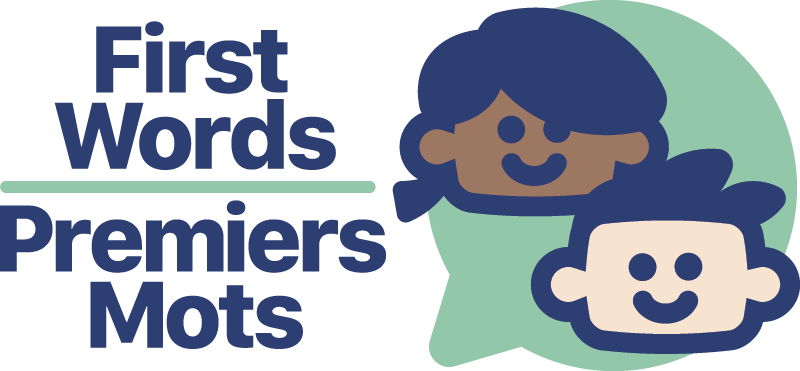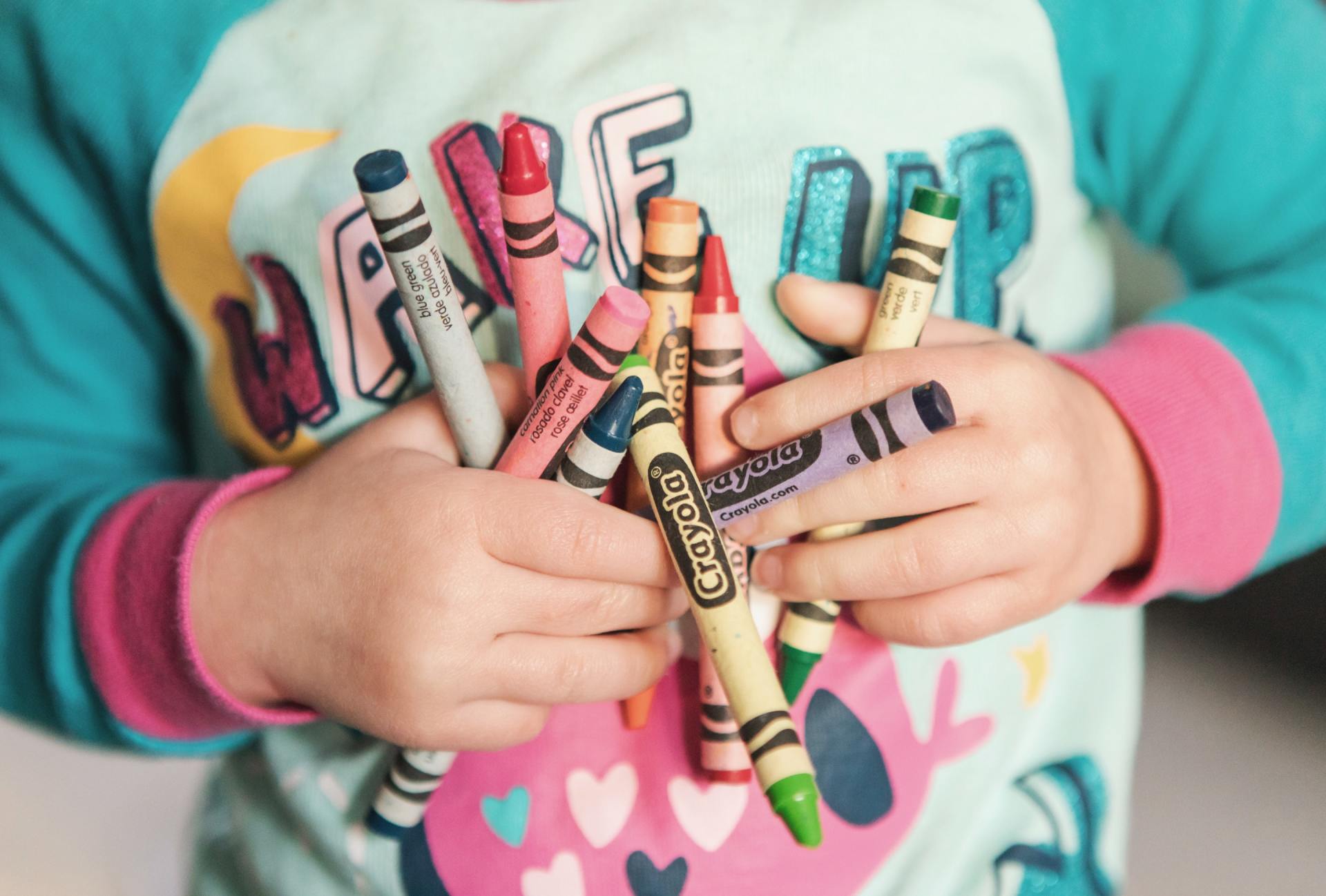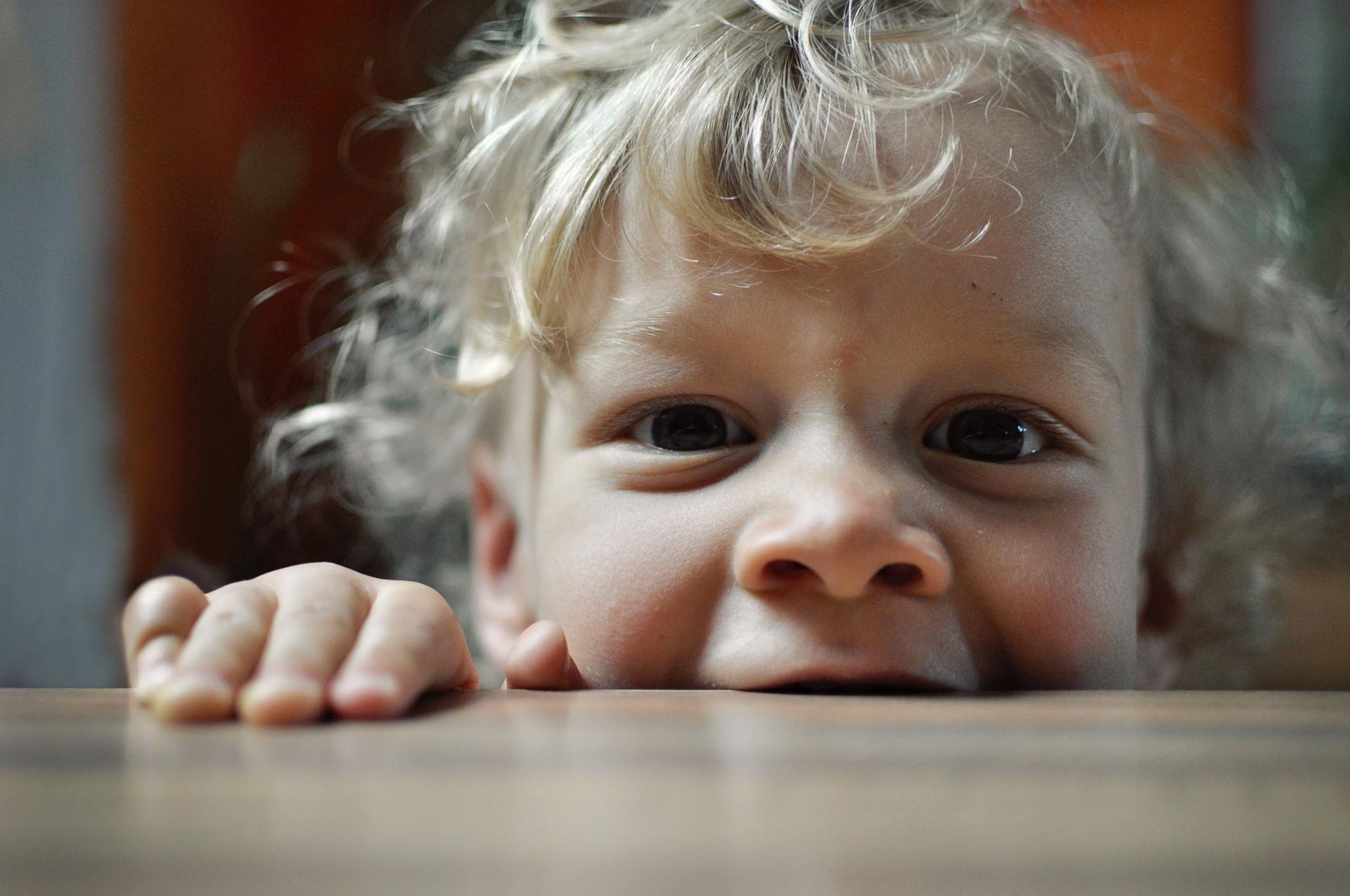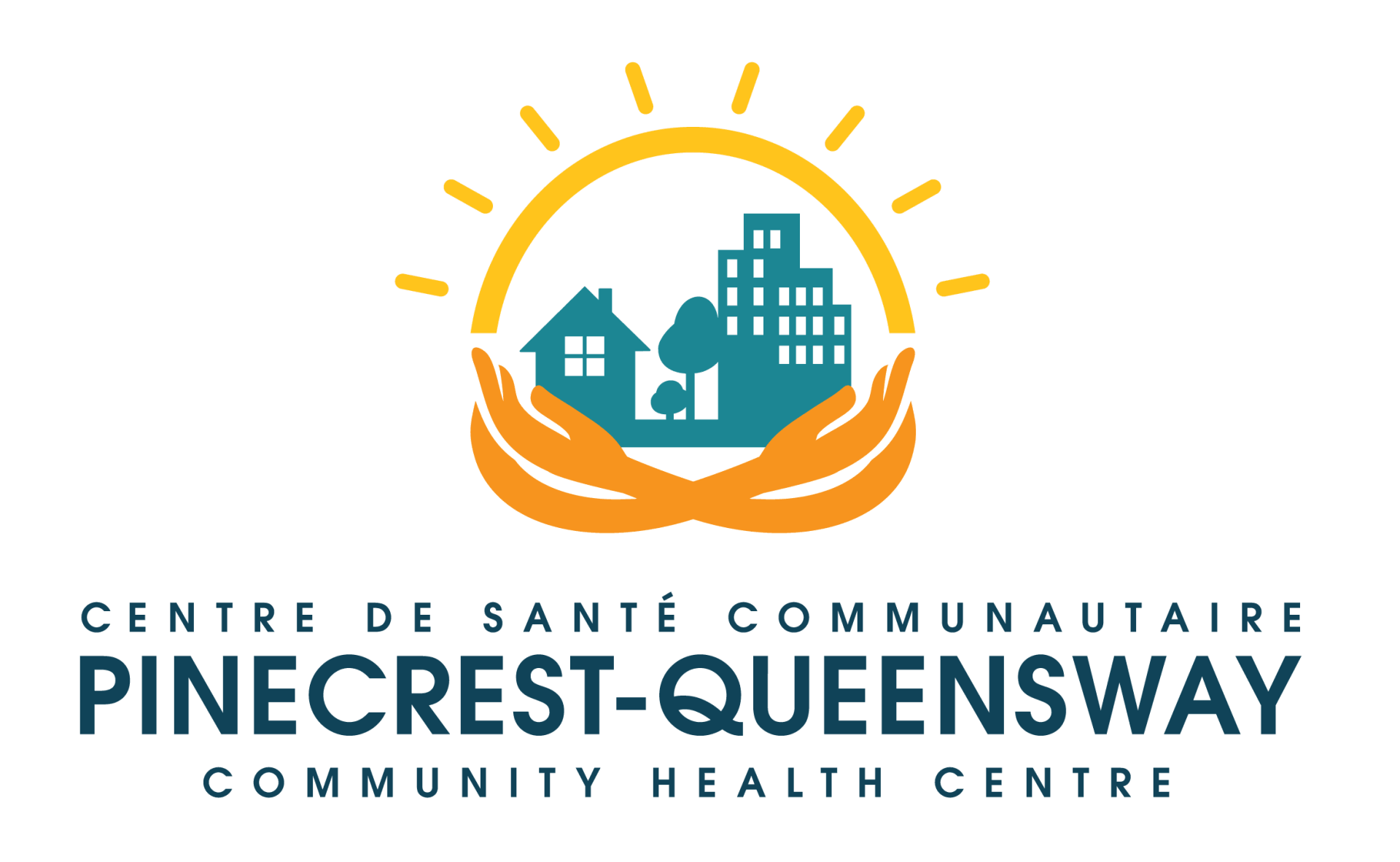Speech Sound Development
First Words Ottawa & Renfrew County • March 21, 2020
Speech Sound Development
Speech sounds develop gradually - from birth to a child’s seventh or eighth year. It is best to think about sound development in terms of age ranges rather than specific ages. As a parent, you should be better able to understand your child as he gets older and his ability to use a sound correctly improves.
Download PDF
Remember, even if your child is able to make the sound in a word, he may not yet be able to use it in
sentences or in conversation.
SPEECH SOUND DEVELOPMENT
Early sounds: before 3 years of age (is understood 40 to 60% of the time)
p, b, m, w, h, t, d, n
Appear between 3 and 3 ½ years of age
(is understood 60 to 80% of the time)
k, g, y, ng, f, s, z
Appear after 4 years of age
(is understood 80 to 100% of the time)
sh, j, ch, l
Appear after 5 years of age
(is understood 100% of the time)
r, th, v
EARLY SOUND MILESTONES
By 12 months, babies should:
- Babble using different syllables (baba; mada);
- Use vowels AND consonants to babble and make up words (5-6 different sounds);
- Use 3 to 5 single words.
STRATEGIES TO HELP YOUR CHILD
- Speak clearly. Repeat sounds, words and sentences that your child says.
- Encourage him to watch your mouth by being face-to-face.
- Make silly sounds with your baby (e.g., .,choo-choo, animal sounds).
- Use nursery rhymes and songs.
- Ask her to show you when you don’t understand.
- Repeat what he has said. This helps him know that you understood and are listening
Questions?
Call Ottawa Public Health
613-580-6744 or 613-PARENTS
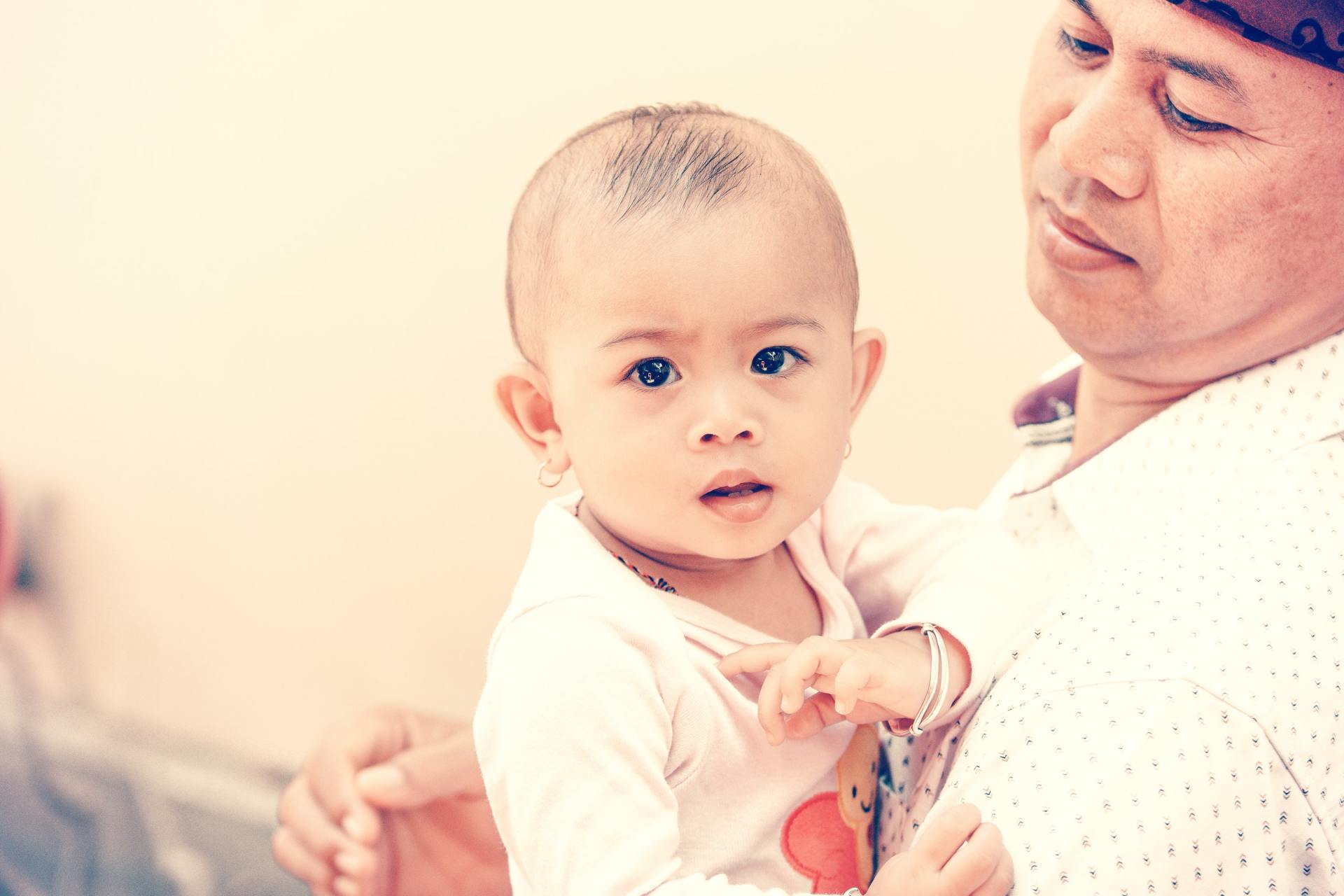
Although young babies don’t understand the meaning of your words, they understand a lot by the way that you touch and hold them. They also learn from the expression on your face, the tone of your voice and the gestures that you make. Remember it is by talking to them that they learn words. Surround your baby with words when you feed, diaper and play with them.

